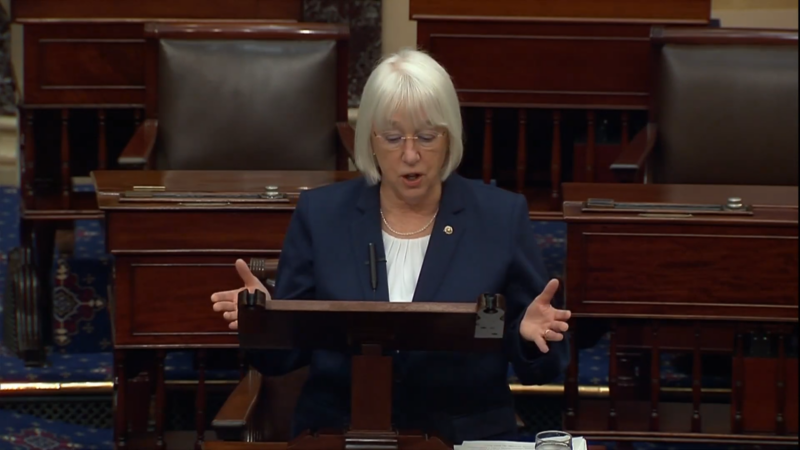State lawmakers are intensifying their efforts against banks perceived to have chosen investments that negatively impact fossil fuel suppliers and other industries traditionally protected by state Republicans.
State law currently mandates that trust money managers, such as those in INPRS, invest and manage trust assets “solely in the interest of the beneficiaries.”
The bill specifically protects industries such as fossil fuel suppliers, gun manufacturers, and companies contracting with U.S. Immigration and Customs Enforcement for immigrant detention.
Manning, who proposed a stricter version of this bill in 2022, stated that HB1008 is necessary for national security.

“ESG, or environmental, social, and governance policies, are highly subjective measures that have real-world impacts. These policies undermine the security we aim to achieve. Our pension investments should focus on financial factors, excluding political, social, and ideological considerations,” Manning said. “We must take steps like this to preserve freedom, fairness, and financial markets.”
Indiana-based coal and firearm companies have claimed that ESG investment strategies have restricted their ability to obtain loans and insurance.
Bilsland attributed this change to ESG investing.
Coal production has declined over the past decade, with a significant drop in coal-generated electricity from 2013 to 2022.
The decline in production mirrored a drop in coal stock prices, which only rebounded in 2021 after natural gas shortages increased prices. Germany’s shift from Russian natural gas to coal and supply issues in Asia pushed coal prices to record highs.
Even before this rebound, investment firms targeted by Republicans for their ESG commitments, like BlackRock Inc. and Vanguard Group Inc., remained among the largest investors in coal companies.
Todd Foster, co-owner of Seymour, Indiana-based firearms manufacturer Fostech Inc., claimed “discrimination” through ESG investing led to 26 agencies denying his company insurance coverage.

While HB1008 would apply only to investments made by INPRS, proponents argue that the bill would send a strong message to companies engaging in ESG investments.
“We believe this bill picks specific sectors as winners and losers. Pension investments should be driven by market performance and financial considerations, not by legislative mandates. Markets change over time, and so should investment strategies,” said Greg Ellis, vice president of energy and environment for the Indiana Chamber of Commerce.
Indiana Bankers Association chief policy officer Dax Denton warned that the bill might discourage banks from doing business with the state of Indiana.
“We manage various risks in our market sectors, and risk management could be misinterpreted as boycotting or discriminating against these sectors. The definition in section nine of the bill complicates our ability to navigate the market without appearing to boycott certain sectors based on risk management,” Denton testified.

In 2022, Sen. Mike Braun of Indiana introduced a federal bill to restrict investment duties to purely financial factors. The bill received support from prominent conservative senators but did not gain traction in the U.S. Senate.
A coalition of 25 states, including Indiana, and fossil fuel companies has filed a lawsuit to block the new rule from taking effect on Jan. 30.
The House Committee on Financial Institutions will vote on the bill Monday, Jan. 30. If approved, it will proceed to the full Indiana House of Representatives for consideration.












